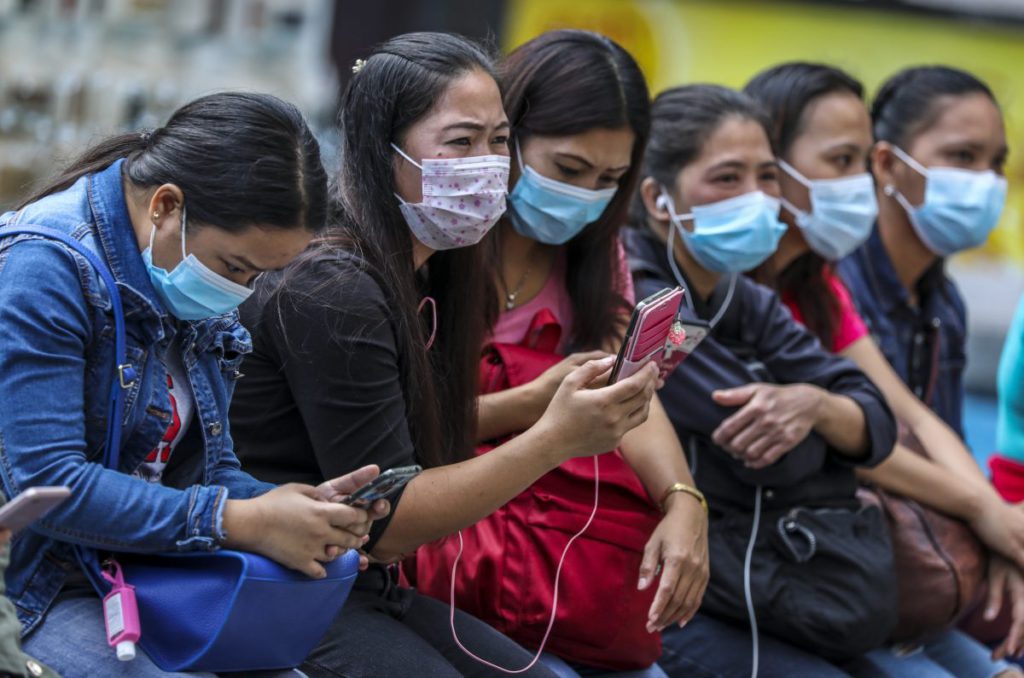During a session dedicated to human rights in China, a United States diplomat criticized the imposition of “repressive measures against women, people from the LGBTIQA+ community [acronym in English for lesbian, gay, bisexual, transgender, intersex, ‘queer’ and asexual ] and migrant workers, including in Hong Kong and Macau.”
In response, the spokesperson for the Macau Executive Council argued that the territory “guarantees the principle of non-discrimination, so that employees [without resident status] have the same rights, obligations and working conditions” as locals.
At the session of the Human Rights Council that took place in Geneva, Switzerland, André Cheong Weng Chon added that the Government “enacted a law that guarantees a basic income for migrant workers”.
In 2020, Macau approved the increase in the minimum wage, which until then only covered cleaning and security workers in building administration activities, and set it at 32 patacas per hour or 6,656 patacas per month.
The first increase in the minimum wage, to 7,072 patacas per month or 34 patacas per hour, came into force on January 1st, but the revision once again excluded domestic workers.
According to official data, Macau had almost 176,000 workers without resident status at the end of November, of which 14.6 percent (more than 25,700) were domestic workers.
In March 2023, the UN Committee on Economic, Social and Cultural Rights said in a report that “migrant construction and domestic workers are vulnerable to exploitative conditions such as recruitment fees, withholding of passports, and coercion based on debts.”
Regarding women’s rights, André Cheong highlighted today that the Government increased maternity leave from 56 to 70 days, created a paternity leave of five working days and introduced in 2016 a law to prevent and combat domestic violence.
In April 2023, deputy Wong Kit Cheng, vice-president of the Macau General Women’s Association, said that the law defines “demanding criteria for the application of coercive measures, which makes repression difficult”.
According to official data, in the first nine months of 2023 the Judicial Police in the Chinese region opened 101 domestic violence investigations, but, after investigation, decided that only 14 cases constituted a crime. André Cheong did not make any comment on the situation of the LGBTIQA+ community in Macau.
In July 2022, the UN Human Rights Committee said that “discrimination against people of different sexual orientations and LGBT people still exists in Macau, reflecting the relatively conservative nature of local society and the inaction of the Government”.
*With Lusa



